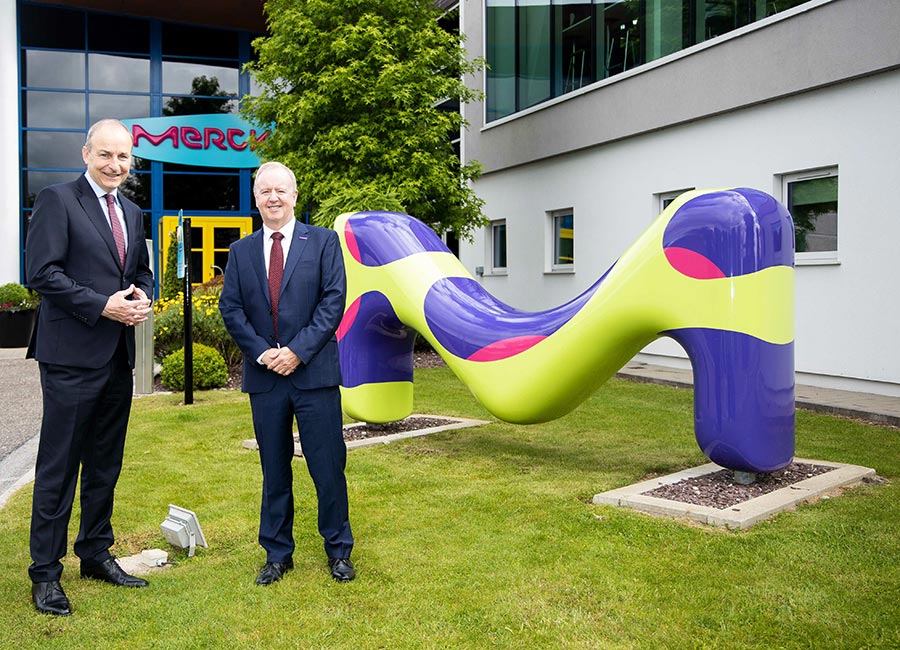When it comes to family business longevity, it’s hard to top pharmaceutical company Merck, which traces its roots back to 1668. That was when Friedrich Jacob Merck purchased a pharmacy in the town of Darmstadt, in what is now Germany. His descendants became drug manufacturers in the 19th century, and the company was renowned for its legal production of morphine and cocaine.
A US subsidiary was established in 1891, only to be expropriated by the government at the time of World War One due to its German connection. George Merck bought back the business in 1919 but it remained separate from the family business in Europe.
The past century of trading for the two entities illustrates the difference between US and European capitalism. Merck Inc had revenue of $48.7bn (€43bn) in 2021, and Merck KGaA in the old country had to make do with €19.7bn.
Relations between the transatlantic cousins can be tetchy. In recent years both companies have accused each other of improperly using the ‘Merck’ trademark in each other’s territories. Outside America, Merck Inc trades as Merck Sharp & Dohme, or MSD when abbreviated.
In Ireland, confusion is inevitable, as both firms are very active here. MSD has been manufacturing in Ireland for decades, and in 2020 the company acquired a biologics manufacturing facility located in Dunboyne. In the Merck Inc annual report, the purchase was attributed to ‘Merck’.
The German Merck, meanwhile, is spreading its wings in Ireland too, and recently announced a mammoth €440m investment plan to increase membrane manufacturing capacity in Carrigtwohill in Cork, and to build a new facility at Blarney Business Park. The investment will be Merck’s largest ever single site investment in life sciences.
The Process Solutions unit — the focus of the Cork investment — markets products and services for the pharma manufacturing value chain.

Merck’s activity also spans gene therapies and applications like virus sterilisation, plasma separation and finger prick rapid testing. Its bread and butter money-spinners are drugs such as Erbitux to treat cancer.
One thing Merck Inc and Merck KGaA have in common is fancy margins, though again it’s a case of the New World performing better than the Old. For the American Merck, the pre-tax profit margin in 2021 was 28%, while at the German Merck the corresponding figure was 15.6%. Shareholders of the US firm enjoyed €5.7bn in dividends compared with €760m at the onetime parent in Europe.








